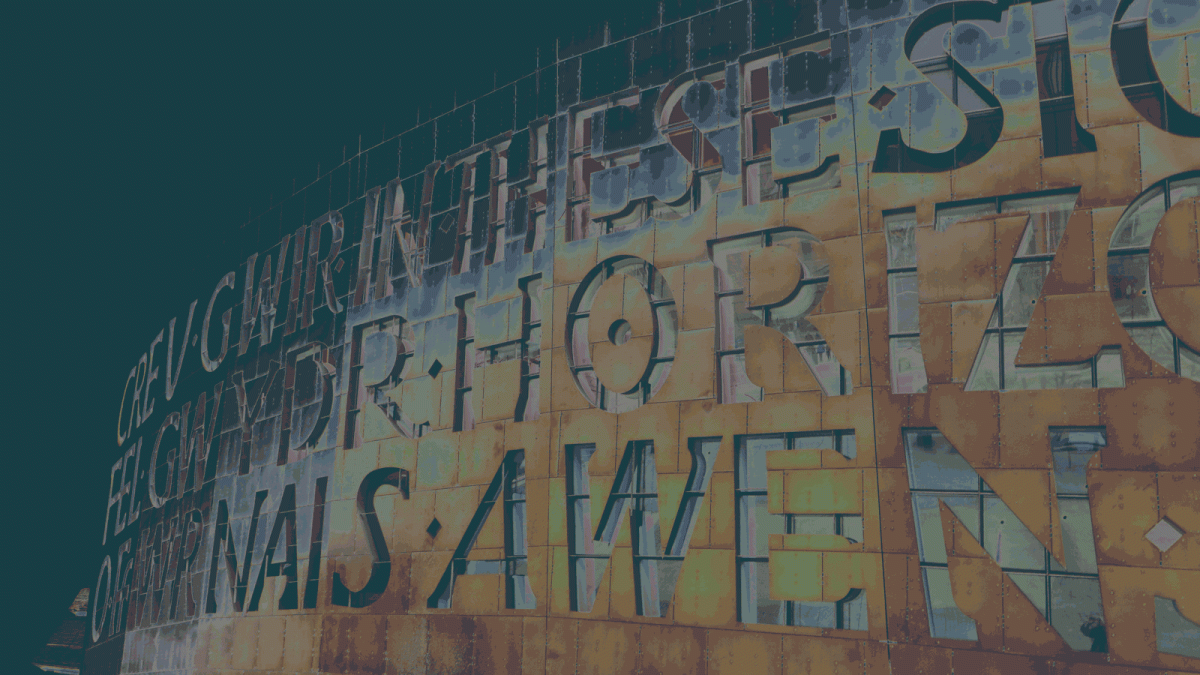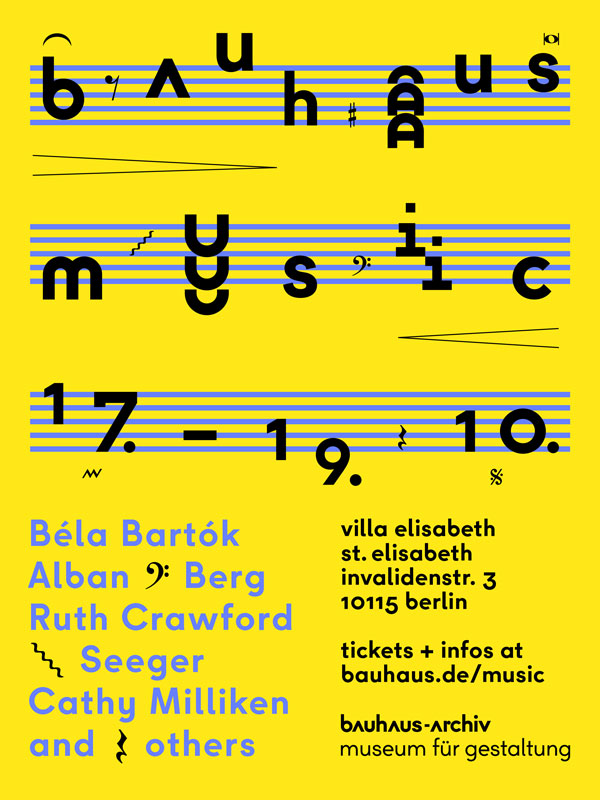Funding cuts have left Welsh National Opera (WNO) in a financial hole, with its musicians facing the prospect of pay cuts and redundancies. The story of the organization’s plight is long and complicated, but a key moment occurred in November 2022, when WNO’s Arts Council England (ACE) National Portfolio Organization funding was cut by 35 percent, meaning a reduction of more than £2 million a year.
Given the UK government’s instruction to ACE to move more arts funding out of London, the cuts to WNO seemed counterintuitive, as their extensive touring schedule in England and Wales seemed to be exactly the sort of project that would align with the ACE’s stated aim to ‘level up’ arts funding across the country. Ironically, the touring parts of WNO’s work were among the first aspects to be cut.
The latest from VAN, delivered straight to your inbox
Like all opera companies in the UK, WNO relies heavily on public subsidy, primarily from ACE, but also from Arts Council Wales. WNO is the largest single recipient of annual funding from Arts Council Wales.
When asked by VAN about details of between the two organizations that led to ACE’s funding cut, a spokesperson for Arts Council Wales replied that they “were not part of Arts Council of England’s (ACE) National Portfolio discussions in 2022 regarding their future funding decision on Welsh National Opera.” The spokesperson added that “ACE did contact us a few days prior to their announcement to inform us of their decision.” When ACE were asked by The Times in 2023 whether their decision to cut was made “without even picking up the phone to the Arts Council of Wales,” they commented that, “as a matter of courtesy, we did keep Arts Council Wales informed of our thinking in advance of our decision about WNO.”
ACE’s organizational and decision-making independence seems to have overridden a longstanding funding agreement regarding WNO. As Tomáš Hanus, WNO music director, outlined in a public letter in March, there has been a joint agreement between ACE and Arts Council Wales for the past 40 years. Given the imposed NPO cuts were so drastic, and would have huge knock-on consequences for both WNO and Arts Council Wales both as individual organizations and as ones trying to work together, should the decision-making process at least have been more protracted? (A protest currently being led by soprano and activist Elizabeth Atherton stresses the need for a cross-border agreement on emergency funding for the company. What progress will be made on that front in Westminster, given that Parliament has just been dissolved ahead of the general election on July 4, remains to be seen.)
Arts Council England declined to comment on its relationship with Arts Council Wales and the decision-making around the NPO cuts to WNO, but referred to a previous statement given to The Stage in May. “Welsh National Opera is an important part of our country’s opera ecology, producing and touring excellent work, which is why we’re investing over £15.3 million in WNO over the next three years for its work in England. This includes £4 million a year in core funding and an additional £3.25 million to enable WNO to re-engineer its business to manage on lower levels of funding. We know that organizations are currently faced with a challenging operating environment, and we are working closely with funded organizations who are facing financial challenges and being as flexible as we can be in the way they deliver their Arts Council funding agreements.”
Arts Council Wales’ role in the decline of opera in Wales mustn’t be overlooked. A 100 percent cut to Mid Wales Opera by has left the small touring company working on a shoestring budget, and a spending review in September 2023 cut WNO’s funding by 11.8 percent. There are also further questions for ACE to answer, about the way it has dealt with protest and criticism from groups it has cut funding from. Apart from a single open letter to the Arts Council—written by Hanus in March, and signed by high-profile figures including Sir Bryn Terfel and Sir David Poutney—members of the WNO board, management, and company haven’t added their voice to the growing protest about the company’s situation, despite others outside of the organization campaigning for emergency financial support. Might this be because, in spite of the dire circumstances, WNO doesn’t want to damage their future relationship with ACE, as other musicians facing similar circumstances have told VAN previously?
Currently, a review of ACE’s Let’s Create strategy is being written by Dame Mary Archer, due for publication in the coming months. Hopefully, it will get to the heart of issues around transparency, as well as value for money. ¶
Subscribers keep VAN running!
VAN is proud to be an independent classical music magazine thanks to our subscribers. For just over 10 cents a day, you can enjoy unlimited access to over 875 articles in our archives—and get new ones delivered straight to your inbox each week.
Not ready to commit to a full year?
You can test-drive VAN for one month for the price of a coffee.


